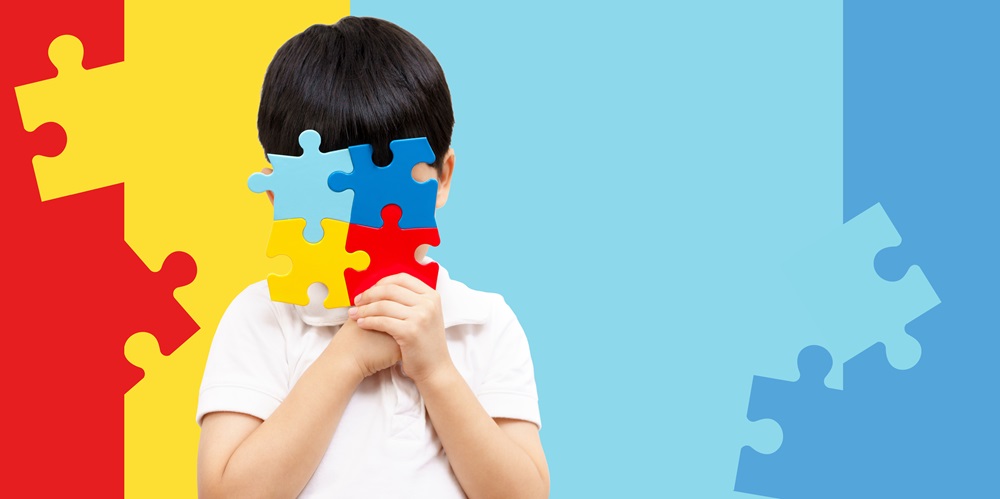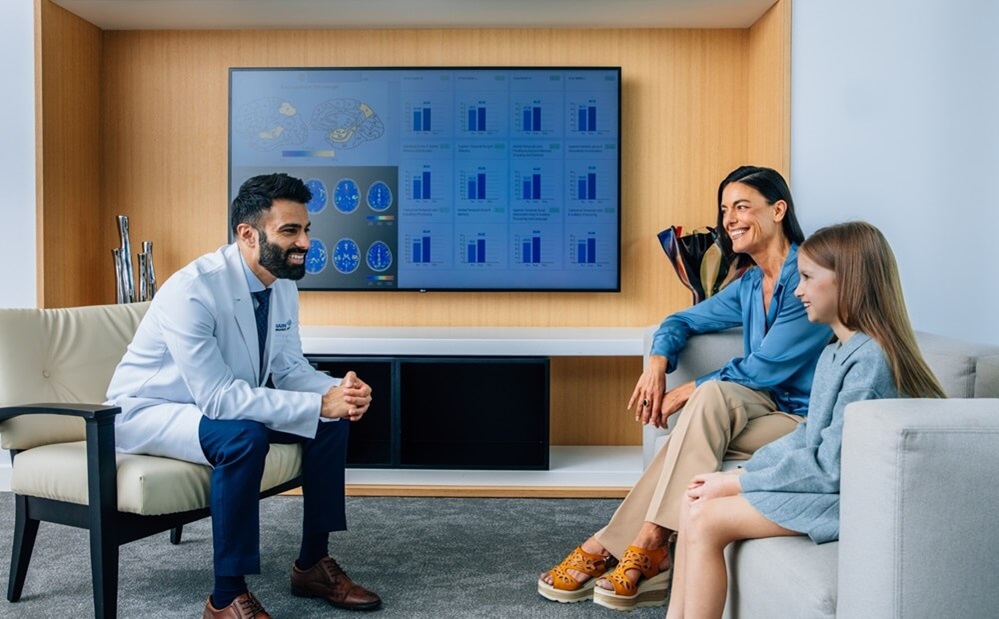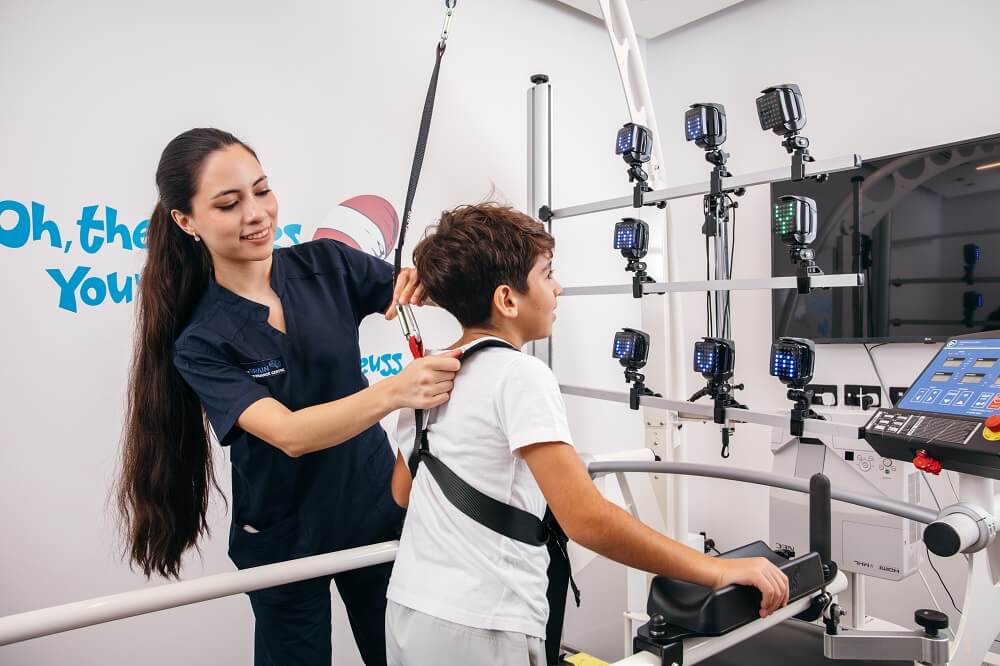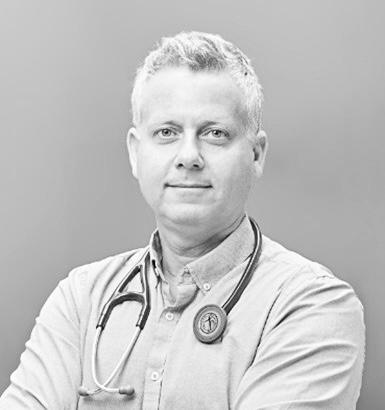
Autism Spectrum Disorder (ASD): A Parent’s Guide


If you’re concerned about your child’s development or wondering if what you’re seeing could be Autism Spectrum Disorder (ASD), you’re not alone.
This page serves as your starting point. We’ve gathered our most insightful articles to help you better understand ASD and child development. Whether you’re just beginning this journey or looking to go deeper, these expert-reviewed resources will give you clarity and hope as you move forward.
The Brain & Performance Centre, a DP World Company, uses cutting-edge diagnostics delivered with cultural sensitivity and clinical precision. We’re here to support you. Schedule an assessment to gain clarity and discover the best way forward for your child.
At the heart of our message is this: every child’s journey is unique, and with early, personalised assessment, we can help unlock better outcomes and a brighter future. Our medical team is here, ready to support you and your family.
10 Common Questions About Autism – Answered
Understanding autism begins with asking the right questions. This article breaks down the top 10 questions parents and caregivers often have about ASD.
Highlights include:
- The difference between autism and ASD, and why “spectrum” better reflects the diverse ways it presents
- Common early signs to look for in children, including social and communication challenges, repetitive behaviours, and sensory sensitivities
- What we know (and don’t know) about the causes of autism, including possible genetic and environmental factors
- Treatable conditions that can contribute to autism-like symptoms, and how addressing these underlying issues may improve overall well-being
Recognising Autism Symptoms: Early Signs to Watch For
ASD can present in many different ways, but the earlier you recognise the signs, the sooner you can get the right support.
Common early autism symptoms in toddlers and young children include:
- Delayed speech or limited verbal communication
- Avoiding eye contact or not responding to their name
- Repetitive behaviours like hand-flapping, spinning or lining up toys
- Sensory sensitivities to light, sound or touch
- Difficulty with pretend play or social interaction
As children grow, symptoms may evolve. In school-aged children and teens, autism may appear as:
- Struggles with social rules or interpreting tone
- Intense interests or strict routines
- Discomfort with unexpected changes
Difficulty organising tasks or managing time
Every child is different, and these signs can look different from one person to the next.
Learn more about autism symptoms.>>

Why Early and Accurate Autism Diagnosis Matters
Our guide on ASD diagnosis highlights the benefits of an early and accurate diagnosis, such as giving the child access to targeted therapies that lead to measurable improvements in communication, emotional regulation, and cognitive growth.
You’ll also learn:
- Why ASD is a more precise, updated medical term than “autism”
- How symptoms of ASD may overlap with other medical or neurological conditions
- The differences between genetic, regressive, and illness-related autism presentations
- The importance of tailored support based on your child’s specific profile, not a one-size-fits-all label
Stay informed: Explore the full guide.>>

Understanding Autism Spectrum Disorder (ASD) Diagnosis
ASD diagnoses are rising globally, but the true prevalence of autism in the GCC remains unclear due to inconsistent data and diagnostic challenges. In the UAE, for instance, autism accounts for “12% of all disabilities,” but many cases may go unrecognised.
This guide explains the importance of accurate assessment in distinguishing ASD from other conditions that may be present alongside autism or play a role in its development, including:
- Cerebral palsy
- Encephalopathies
- Post-concussion syndrome (PCS)
- Meningitis
An incorrect diagnosis can lead to inappropriate therapies, financial strain and lost developmental time. That’s why The Brain & Performance Centre uses a comprehensive, multidisciplinary approach to understand the root cause of each child’s symptoms.
Autism is a spectrum, and every child deserves a thoughtful diagnosis that looks beyond the label to empower their growth and development.
Understand more to support better. Explore the guide.>>

Understanding Child Development Stages—and When to Seek Support
Every child develops at their own pace, but knowing what to expect at each stage can help you feel confident as a parent and spot early signs when something might be off. The Brain & Performance Centre breaks development down into five essential pillars:
- Physical development
- Cognitive development
- Social and emotional development
- Linguistic development
Each one offers valuable clues about how your child is growing and interacting with the world.
If your child misses multiple milestones or shows specific signs, this may point to deeper neurodevelopmental differences. Our team can help you explore these concerns because early support leads to stronger outcomes.
Understanding the Factors That Affect Child Development
ASD is a group of symptoms with different causes. Therefore, assessing the factors that influence child development can help identify potential gaps, guiding you to seek proper support and improve long-term outcomes.
The child development article outlines several key biological and environmental risk factors that may affect development, including:
- Birth hypoxia (low oxygen at birth), which can lead to conditions like autism or cerebral palsy
- Autism Spectrum Disorder (ASD), which varies widely in symptoms and support needs
- Cerebral palsy, a motor disorder impacting movement and coordination
- Traumatic brain injury (TBI), which can cause long-term cognitive and behavioural changes that are sometimes misdiagnosed as ADHD or ASD
Every insight makes a difference—see the full guide >>

Personalised ASD Treatment That Looks Beyond the Diagnosis
While many diagnoses rely solely on behaviour, The Brain & Performance Centre takes a more comprehensive, whole-body approach to identify the medical, neurological and environmental factors that may be contributing to the issue.
Our assessment includes brain imaging, genetic testing, nutritional evaluation and more—all managed under one roof by a collaborative team of medical professionals.
With these insights, we develop personalised treatment plans. Our goal isn’t just symptom management, it’s helping your child live life confidently.
Learn more about The Brain & Performance Centre’s ASD treatment programme.>>
An Advanced Autism Centre in Dubai: Why Families Trust Us
Founded by parents and led by global medical experts, families trust our team because we combine compassion, expertise and innovation to deliver highly personalised care.
- State-of-the-art facilities create a calming environment that supports comfort and progress in your loved ones.
- Advanced diagnostics help uncover each child’s unique needs.
- A multidisciplinary team delivers individualised evaluations and treatments.
- Our approach is informed by global research and best practices, empowering families with evidence-based guidance for both care and education.
Learn more about our advanced autism center >>
“Children with autism may possess exceptional talents and abilities that can be nurtured with the right support.” — Dr Semer Wang, Medical Director
Autism Podcast Spotlight: A Father’s Story of Love, Loss & Breakthrough
In this moving Autism Podcast, Dr Craig Cook – CEO of The Brain & Performance Centre, shares his personal story as the father of a son with nonverbal autism. More than a medical expert, he’s a dad who’s walked the long, emotional road of confusion, diagnosis and ultimately, hope.
Dr Cook opens up about the heartbreak of unanswered questions, the slow progress of treatment, and the life-changing moment his son said “Papa, love you” for the first time, after 23 sessions of hyperbaric oxygen therapy at our centre.
This episode is for any parent feeling lost, overwhelmed, or just looking for real, science-backed hope. It’s a reminder that healing is possible—and often begins when love and innovation come together.


